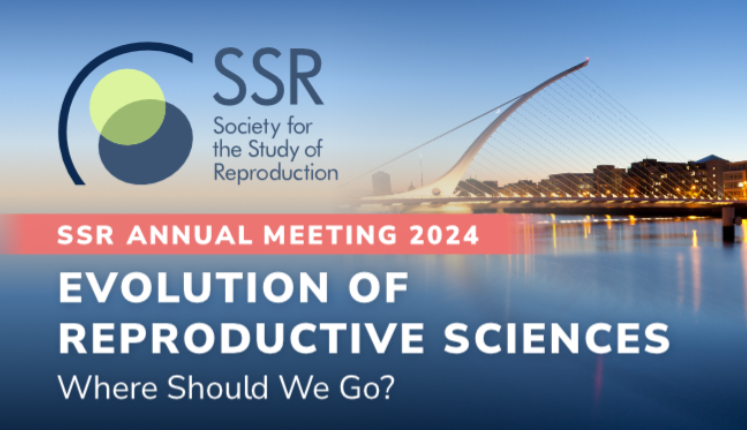Fertilization is the process by which gametes fuse and generate a new organism. In addition to being essential for fertility, its study provides a way to dissect fundamental biological processes including cell-cell interaction, membrane fusion, nuclear remodeling, cell cycle regulation, calcium effects, proteome changes, etc. and for optimizating assisted reproductive technologies such as IVF or, alternatively, contraceptive strategies. Early embryogenesis includes rapid mitotic divisions to generate the cells of the embryo, followed by processes that determine and generate the different tissue types of the organism. Its study reveals important cell cycle control mechanisms, cell-signaling mechanisms, epigenetic control of development, and regulation of transcription and translation as cell types become specified and develop. The study of fertilization and early embryogenesis thus uncovers mechanisms and molecules that are fundamental for fertility, development, and health in all organisms, including humans. Many labs are engaged in this research across the Ithaca and New York City Campuses of Cornell. These include the Wolfner, Palermo, Travis, and Selveraj labs, to name a few.



